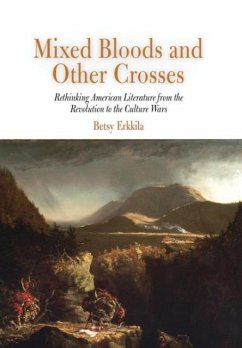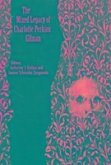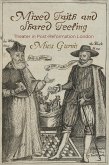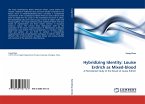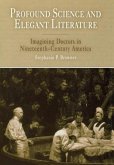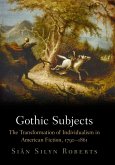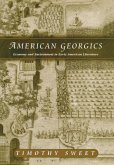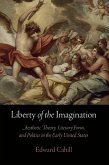In Mixed Bloods and Other Crosses, Betsy Erkkila argues that it is through the historical and psychological dramas of blood as a marker of violence, or race, or sex, or kinship that Americans have struggled over the meanings of democracy, citizenship, culture, national belonging, and the idea of America itself as it was constituted and contested in its relations with others and the world. Whether blood is construed as setting up a boundary incapable of being crossed or is perceived as a site of mixing and hybridity, its imagery has saturated the literature of the American republic from the time of the founding. Erkkila moves from a consideration of contests about territorial, sexual, racial, class, national, and aesthetic borders in the Revolutionary period and the nineteenth century to a discussion of recent contests about the boundaries of culture and the disciplines and the relation between aesthetics and politics, identity and difference, nationalism and cosmopolitanism, the local and the global. Erkkila's American literature is a field of cultural and political struggle, one she examines in scenes of mixture and crossing, miscegenation and incest, doubling and hybridity that subvert, alter, or undo the boundary-building imperatives of American history. While she is concerned with the "crosses" of sex, race, class, and blood, she also looks at the ways history and "blood" impinge on the putatively pure realms of culture, literature, and aesthetics in the writings of Thomas Jefferson, Edgar Allan Poe, Emily Dickinson, Herman Melville, and the Caribbean writer C. L. R. James; she explores the ways the hybridity or mixture of social languages becomes a force for resistance and New World transformation in the writings of Phillis Wheatley and Abigail Adams, Walt Whitman and Harriet Jacobs; and she considers the ways modern subjectivity and the Freudian unconscious bear the markings of the dark, savage, sexual, and alien others that were expelled by the disciplinary logic of the Western Enlightenment and its legacy of blood in the Americas.
Hinweis: Dieser Artikel kann nur an eine deutsche Lieferadresse ausgeliefert werden.
Hinweis: Dieser Artikel kann nur an eine deutsche Lieferadresse ausgeliefert werden.

